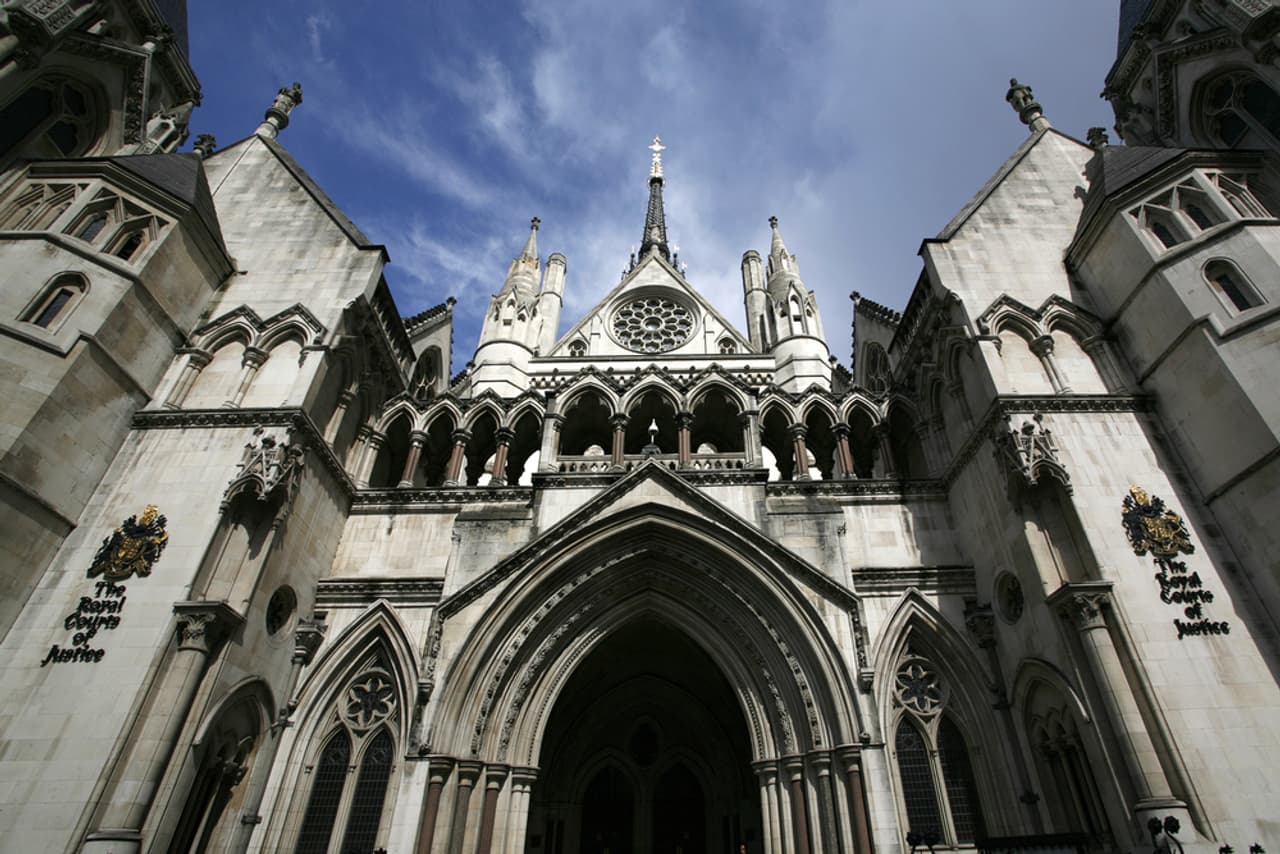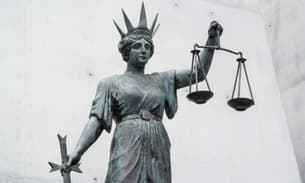
Calls for rethink on law that allows Home Secretary to revoke British citizenship
Guilty until proven innocent? The Home Secretary can strip British citizenship without recourse to the courts. (image: Shutterstock.com)
Last night a senior Conservative MP called for the government to rethink the law that allows the Home Secretary to revoke an individual’s citizenship and warned the system was ‘not compatible with British justice’.
The call follows an investigation by the Bureau of Investigative Journalism and published in the Independent, which revealed that the Coalition government had secretly ramped up a controversial programme that strips people of their British citizenship on national security grounds.
People ‘born and bred in Britain’ have been deprived of their citizenship and had their passports revoked without ever seeing the evidence against them, or having their cases against them heard by a court.
Research by the Bureau has revealed cases in the last two years where Britons suspected of involvement with terrorist groups have been stripped of their citizenship.
Since 2010, the Home Secretary, Theresa May, has revoked the passports of 16 individuals, many of whom are alleged to have had links to militant or terrorist groups.
Two of them have subsequently killed by American drone attacks while another was secretly rendered from Africa to face terrorism charges in the US.
The Bureau has established that in a number of cases those individuals stripped of their citizenship were unable effectively to challenge the evidence against them because their appeals were held partly in secret.
Related story: Former British citizens killed by drone strikes after passports revoked
By law, when the Home Secretary has made her decision an appeal can be made within 28 days to the Special Immigration Appeals Commission (SIAC).
But these cases often hear the substantive evidence in secret, where even the defendants’ lawyers are not permitted to be present.
It seems to me that if someone was born and bred in Britain they should have the right to see and challenge the evidence against them before they are deprived of their citizenship. It is a very unsatisfactory system.
Sir Richard Shepherd MP
The public rulings themselves are also often highly redacted – ensuring that those concerned are unable to see the full details of why they have lost their citizenship.
Sir Richard Shepherd, a member of the Parliamentary Joint Committee on Human Rights, said he was deeply concerned at the practice.
He said: ‘This is a problem with secret courts in general but it applies to Special Immigration Appeals Commission judgement in spades.’
‘That fact is that if you were to appeal the Home Secretary’s decision to SIAC you would not necessarily be told why you had failed and on what grounds. That is not consistent with British justice.’
Sir Richard added that he believed people should ‘pause and think’ about the implications of such secrecy.
‘It seems to me that if someone was born and bred in Britain they should have the right to see and challenge the evidence against them before they are deprived of their citizenship. It is a very unsatisfactory system.’
In its report on the workings of Britain’s secret court system released yesterday, the Joint Committee said more needed to be done to safeguard the rights of those accused of involvement of terrorism.
It called for further amendments to the Justice and Security Bill going through Parliament.
‘We remain sympathetic to the problems faced by the Government in dealing with sensitive material, but the Bill as drafted does not put in place sufficiently robust safeguards to oversee the exercise of what are very wide-ranging powers,’ said Hywel Francis chair of the committee.
‘We urge the Government to think again and make sure that secret proceedings are used only in cases of pressing national security need, and are the last possible resort.’
Oliver Wright is Whitehall Editor at the Independent newspaper.




